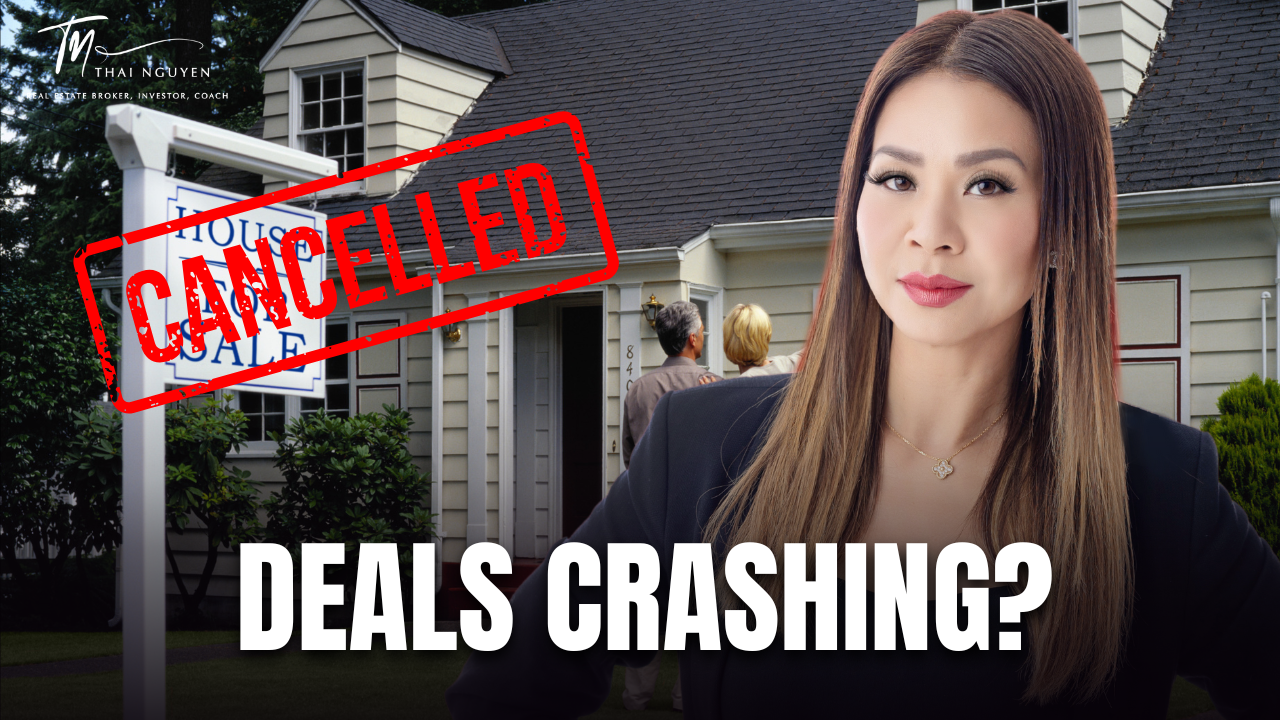What’s Your Washington Home Worth? Are you thinking of selling your home or interested in learning about home prices in your neighborhood? We can help you. Discover Market Value
How do you know if a property could be a potential rental investment? When you walk through a property, it’s easy to get caught up in its aesthetics. But before investing, there are key factors you must check to ensure the property will give you a good return.
So, what should you look out for? Let’s break it down.
1. Check the condition. This is the first thing you should assess, so here are the things you should observe once you step inside the property.
- Odors: Take note of odors because while they might seem small, they could be red flags for bigger problems. For instance, if there’s a musty smell, that’s often a sign of hidden moisture issues or poor ventilation.
- Lighting: Another thing to check is the lighting. Are there any areas of the house that are darker than they should be? Poor lighting could indicate that the windows are covered or that there are issues with the electrical system.
- Ceilings and walls: Minor cracks are normal, but if they’re large or seem to be widening, it could point to a foundation problem. This is one of those things that can cost a lot to fix, so it’s definitely worth investigating further.
Once you’ve taken in the immediate condition, it’s time to assess the property’s suitability as a rental property.
2. Assess the property’s rental potential. The truth is not all houses are suitable for renters, but you can ensure the property will be attractive to tenants by checking the following:
- Layout and space: A good rental property should have a functional layout. Too many small and cramped rooms can turn renters off, so look for properties with open spaces, especially if you’re targeting families or tenants who work from home.
- Modern amenities: A rental that’s equipped with up-to-date appliances and modern features like a dishwasher or a washer/dryer setup will attract more tenants. These also give you a better chance of charging higher rent.
- Repairs and updates: A good property might need some cosmetic updates, but major repairs could signal a problem. If you see old plumbing, electrical issues, or a roof that’s near the end of its life, you may be looking at expensive repairs in the near future.
- Landscaping and exterior: The property’s exterior is equally important. Overgrown trees or a poorly maintained yard can be a hassle. Too much work here also leads to higher maintenance costs. Plus, if the landscaping looks unkempt, it may discourage prospective tenants from considering the property.
3. Consider the property value. Once you’ve assessed the condition of the property, it’s time to think about how its value will hold up over time. Here are some factors to consider:
- Location: This is one of the biggest influences on property value. If the house is in a good neighborhood, that’s a huge plus. Being close to schools, parks, public transport, and amenities usually means higher rental value and a steady tenant demand.
- Neighborhood trends: The future of the neighborhood matters. Areas undergoing development or gentrification can increase property values. Meanwhile, those with declining amenities or high crime rates may not see the same appreciation.
- Market conditions: The real estate market itself will influence property value. In a seller’s market, properties may be overpriced compared to their long-term rental potential. Buying when market conditions are favorable is important to ensure you’re not overpaying.
- Future rentability: Consider the property’s long-term potential as a rental. Factors like noise, traffic, or undesirable neighbors can influence tenant turnover and rents. For example, if a house is near a freeway or in a noisy area, it may be harder to rent out.
- Property size and layout: Bigger isn’t always better. If the house is large but lacks appeal, it could make it harder to rent out. On the flip side, a property that has a good-sized kitchen and living space will attract tenants looking for comfort and convenience.
A property may look appealing at first, but the layout, modern amenities, and overall condition are what will make or break its value as a rental. If you need more guidance or help in evaluating a property, don’t hesitate to reach out and send an email to soldbythairealestate@gmail.com. I’m happy to answer your questions.
Want to work with us? Here are some ways to get involved.
-
Search the entire MLS for your Washington home. Looking for a Washington Home?
-
Subscribe now to get our latest insights and tips to sell or buy a house. Latest Housing Market Insights





